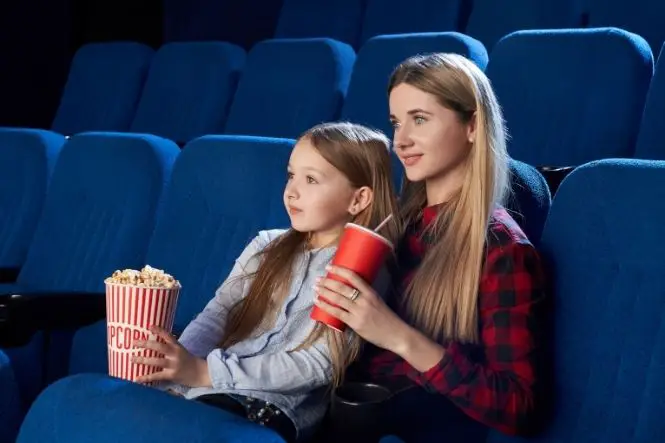Reading with your child should be one of life’s most enjoyable experiences – but for some, things go wrong early on and it is hard to get things back on track.
In an ideal world, reading with your child will start as early as possible. Long before the child can read for themselves, children will love to look at pictures and listen to stories being read.
Right from their earliest days, babies can become familiar with books by exploring and playing with versions made from cloth and plastic. As they get a little older, they can also enjoy more complex activity toys such as talking books, interactive readers and pop-up books.
Table of Contents
The Wonder of Reading
The wonder of stories can begin very early too. Establishing a quiet-time routine before sleep which involves a story time is a perfect way to begin to instil into a child the notion that books can stimulate relaxation, imagination and possibility. Just as importantly, they also help children learn the important skills of listening and concentration as well as the development of speech, expression and intonation.
Reading in Different ways at Different Times
Books and stories can be introduced in many different ways and on many different levels, including those made up by the parent themselves, but an easy way to start is to have a range of books pitched at an appropriate age which you can look through with your child. The local library is a great place to start, so why not visit with your child to choose new books to share each week.
Absorbing Reading as a Natural Activity
As you read, allow your child to look at the pictures and absorb what is being said. Help them to make early connections between words and pictures by pointing to words on the page and then to the things they describe in the illustrations. Allow your child to ask questions and to sound out some of the same words or letters. Books which repeat phrases and sounds are particularly effective. Of course reading does not have to be restricted to story-time, and a lot of fun can be had from pointing to adverts as buses drive past, or watching and educational TV programme together to support learning through book form.
Developing Understanding
As the child gets older, question them about the text, perhaps asking them what they think will happen next or how they feel about a particular character. This will allow them to start developing an understanding of how to form ideas based on some information given and to put themselves in the shoes of another person. It will also encourage them to start story-telling for themselves, perhaps making up new endings to the book, for instance.
Sounding Words and Practicing Numbers
As your child begins school, they will be learning how to form letters and put sounds together. Try to support this new learning experience by pointing out the same sounds in the books you read together and tracing some of the letters with your finger as you speak. They will also be learning to use numbers. Children tend to love counting and there are many fun books which practise this skill.
Early Reading Books
Once children are given their first reading books from school, if an enjoyable and comfortable reading time has already been established with your child, any reading ‘homework’ should fit seamlessly into this slot. Hear your child read, being careful not to speed them up and resisting the urge to ‘help’ them out too much. Gently re-read passages after they have had a good go, to imprint flow and intonation using your hands and facial expression to indicate when your voice would naturally rise and fall at the beginning and ends of sentences and for emphasis. In this way, the text your child has read will come to life and he or she will begin to make sense of its ‘music’.
When Children Resist Reading
If your child is resistant to reading, do not force them. Speak to the school about it, and gently explore what the reasons may be by careful questioning. Children develop at different speeds and if a child is slow to read, it does not necessarily mean that there is a problem, but very possibly because they are just not ‘ready’. Try to find books that are about subjects in which they are naturally curious or use text which is not in a traditional book format, such as comics, cereal packets, newspapers and magazines, the computer and so on. Any reading is good – it does not have to just be story-books.
Boys and Games
Sometimes boys can appear more reluctant to read than girls. If this is the case, you can still help your child to read by playing letter, sound and word games. There are all kinds of games available to make or buy and a quick look on the Internet should give some good ideas. Games such as Snap, Pelmanism, Scrabble, crosswords, and puzzles all work well. Another idea that reinforces sounds and reading without opening a book is to try a clapping game with the claps denoting the number of syllables in words, or practising finding composite words (words which are made out of two separate ones such as greenhouse). Children love to play and the leaning is naturally absorbed without them realising it.
Shared Reading Memories
As children reach an independent reading age, reading with your child often tails off. But it doesn’t have to. Even older children love the feeling of being read to. It can be a special bond to read a novel to a child and share in the excitement of the story together. Other ways to continue to share books can be to read the same book after one another to allow for discussion or comparison with a film version or by listening to a story recording. Whatever form the reading takes, just connecting with a child in this important way not only benefits them greatly but can become a deep well of joy and happy memories for the adult too.



